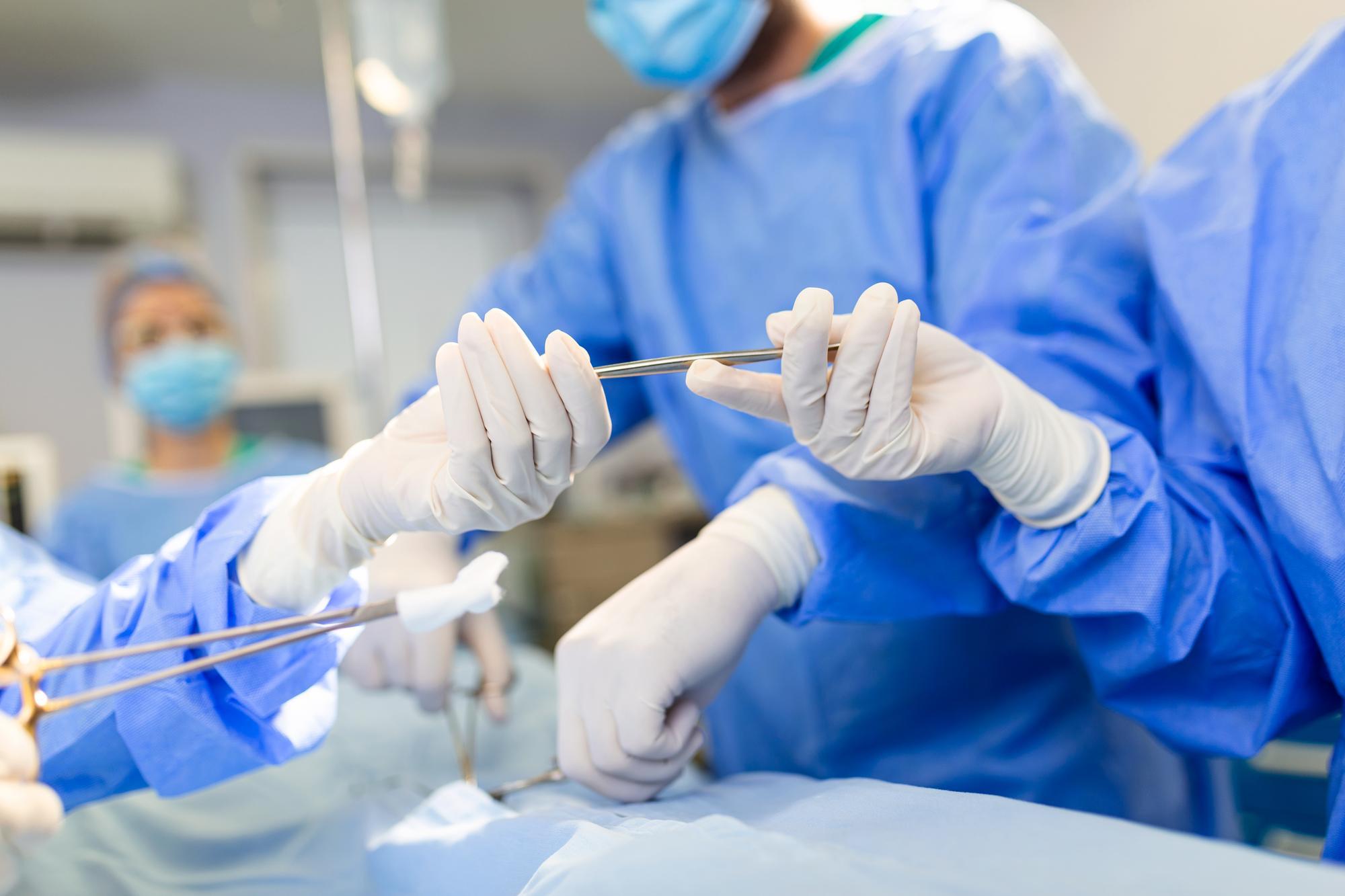Is It Cancer? How Surgical Oncologists Evaluate

Facing the possibility of cancer can be one of the most overwhelming moments in life. Whether it's an unexplained lump, ongoing pain, or test results that raise concern, the fear of the unknown can feel heavy. This is when meeting with a surgical oncologist becomes an important step. A thorough evaluation doesn't just help confirm or rule out cancer—it also offers clarity, direction, and support for both patients and their families.
A surgical oncologist in Chennai is specially trained to identify, diagnose, and sometimes surgically treat cancer-related conditions. They bring a depth of clinical experience in detecting early signs of cancer and guiding patients toward the most appropriate care path. Understanding what happens during this evaluation can help ease anxiety and prepare individuals for what's ahead.
What Happens During the Evaluation?
When a patient visits a surgical oncologist, the process typically follows a structured yet personalized approach. Each step is designed to gather vital information while ensuring the patient is heard, understood, and cared for with compassion.
Here are key elements a surgical oncologist looks for during evaluation:
-
Detailed Medical History
The doctor will ask about symptoms, duration, family history of cancer, lifestyle habits, and previous medical conditions. Even small details can help build a clearer picture of potential risks. -
Physical Examination
A thorough exam helps check for lumps, swelling, skin changes, or tenderness. Areas with symptoms are closely examined to determine if further imaging or biopsy is needed. -
Review of Lab and Imaging Tests
If the patient has already undergone scans (like MRI, CT, or mammograms) or blood tests, the oncologist will carefully analyze them. Any abnormalities will be discussed in detail. -
Biopsy Recommendation
If a suspicious area is found, the surgical oncologist may recommend a biopsy. This is a small tissue sample taken for lab testing to confirm whether cancer cells are present. -
Tumor Characteristics
If a tumor is identified, the oncologist will assess its size, location, and how it interacts with nearby tissues. This helps determine the next steps in treatment. -
Staging Workup (If Cancer is Confirmed)
Should cancer be diagnosed, the next step is staging. This involves understanding how far it has spread, which is critical for planning surgery or other treatment options.
Additional Things the Surgical Oncologist Considers
Beyond clinical tools and tests, the evaluation includes personal and emotional aspects. Cancer affects every patient differently, and a good oncologist considers not just the physical symptoms but the patient’s mental well-being and support system.
-
Emotional Readiness for Surgery or Treatment
Some patients feel mentally unprepared. The oncologist discusses emotional concerns and offers support options or referrals to counselors if needed. -
Family Support System
Having a caregiver or family member involved during appointments is encouraged. It helps with decision-making and ongoing care coordination. -
Treatment Compatibility
Health conditions such as diabetes, heart disease, or previous surgeries can affect the treatment plan. The oncologist weighs all these factors before recommending surgery or alternative care options.
When Should You See a Surgical Oncologist?
Many patients are unsure about the right time to consult a cancer specialist. Here are a few reasons to schedule an appointment with a surgical oncologist in Chennai:
-
If a routine test or scan shows abnormal results
-
When a lump or mass is discovered and doesn’t go away
-
If your physician refers you for a second opinion
-
When cancer is confirmed and surgical intervention is suggested
-
If you're at high risk due to family history or lifestyle factors
Even without a confirmed cancer diagnosis, early consultation can be valuable. It gives patients the opportunity to understand their risks, take timely action, and avoid delays in care.
Why Timely Evaluation Matters
Delaying a diagnosis can affect treatment outcomes. Early-stage cancer is often more manageable and may require less aggressive treatment. A surgical oncologist’s evaluation helps detect cancer early, which significantly increases survival rates and improves quality of life.
In 2025, people are more health-conscious than ever, and medical advancements have made cancer care more effective. But technology is only as helpful as the expert who interprets it. That’s why skilled surgical oncologists play such a key role in cancer outcomes.
Conclusion
Navigating the fear of cancer starts with trusted care. A surgical oncologist does more than examine test results—they offer guidance, emotional reassurance, and a personalized path forward. For those in Chennai or nearby, expert help is closer than you think.
ICCG India provides the best cancer treatment services with a patient-first approach. Every evaluation is done with precision, compassion, and loyalty to those who trust us with their care. Whether it's a checkup, diagnosis, or second opinion, our commitment is to guide each patient toward healing with strength and hope.
- Art
- Causes
- Crafts
- Dance
- Drinks
- Film
- Fitness
- Food
- Games
- Gardening
- Health
- Home
- Literature
- Music
- Networking
- Other
- Party
- Religion
- Shopping
- Sports
- Theater
- Wellness


